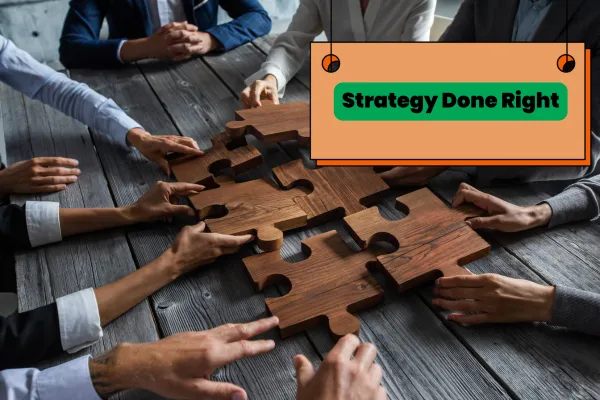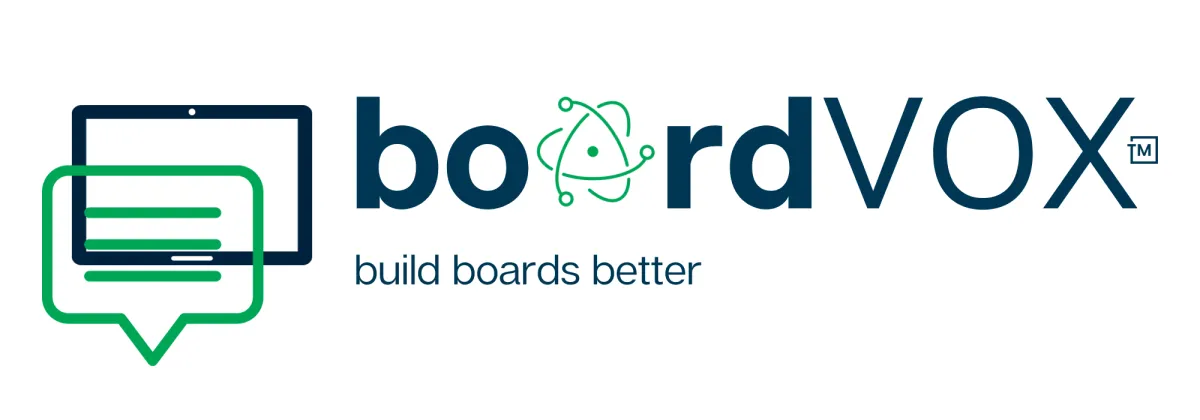



Hi, I am Cecile!
Welcome to my blog! I'm on a mission to lead a movement of well-minded directors who want to be catalysts of change in the boardroom ...to build better boards and build boards better!
Embodying
The Tone, Voice And Expression
of Good Governance.


The Board Retreat Worth Having: Why It’s Critical for Sustained Success
Introduction:
For many directors, the annual board retreat can feel like a chore—another meeting that interrupts an already busy schedule. In some cases, it’s viewed as a waste of time, with little tangible value gained. But a well-structured, purposeful board retreat is far from a box-ticking exercise. In fact, it’s a crucial event for sustaining the success of the organization. I
So why do some directors feel like they’re not getting value from the retreat?
And how can the retreat be transformed into a strategic opportunity that delivers real insights?
The Board is responsible for strategy. And it is therefore important that the process of strategy also falls under its oversight. The key lies in using the retreat to evaluate the organization's performance on strategy—by examining whether there is alignment between its purpose, values, mission, vision, and the efforts being made to achieve its goals.

The structure of the board retreat is pivotal to the experience that attendees have. A well-structured board retreat must prioritize deep strategic reflection that sharpens understanding, reveals misalignments, and steers the organization for sustained success.
1. Why Board Retreats Are Critical for Strategic Success
A board retreat, when properly executed, offers something that regular meetings cannot: the chance to step back, reflect, and align on the organization's strategic priorities. It creates a unique space to:
Reassess Strategic Direction: As the world and market conditions change, the retreat provides an opportunity to ensure that the organization’s purpose, values, mission, and vision still hold. This is a key moment to reaffirm or refine these foundational elements.
Strengthen Board Cohesion: Board members often work in a fast-paced, fragmented environment. The retreat allows for deeper discussions, giving directors time to build stronger relationships and better understand each other’s perspectives on key issues.
Foster Big-Picture Thinking: The retreat encourages dedicated attention to long-term, strategic goals, which can often get lost during routine board meetings.
Without this dedicated time for strategic reflection, boards can miss out on crucial opportunities to realign and refocus on what truly matters.
2. Why Directors Sometimes Don’t Feel They Get Value
Despite the clear importance of the retreat, some directors may feel they don’t get value from attending. Here’s why that might be the case:
Lack of Clear Purpose, Structure or Context: If the retreat doesn’t have agreed objectives with a clear agenda tied to meaningful outcomes, it can quickly devolve into generic discussions or presentations with little actionable insight. Directors may leave feeling like the retreat was just another meeting, with no real impact on the organization’s direction.
Too Much Focus on Operational Details: Sometimes, retreats get bogged down in execution updates, which are better handled during regular board meetings. This focus distracts from the retreat’s true purpose: big-picture thinking and strategic alignment.
Failure to Engage Directors: If the format of the retreat is too passive—endless presentations without interactive discussions or critical input—it’s no wonder that directors may feel disengaged and see it as a waste of time.
The retreat’s value comes from its ability to foster deeper, more strategic conversations that guide the organization’s long-term success. When the retreat lacks structure or focus, it fails to deliver on this potential.
4. The Opportunity: Evaluating Performance on Strategy
One of the most significant opportunities during a board retreat is the chance to evaluate the organization's performance on strategy. This isn’t just about checking whether financial targets were met—it’s about revisiting and evaluating the alignment between the organization's purpose, values, mission, vision, and its day-to-day efforts.
1. Assessing Strategic Logic
Strategic logic refers to the alignment between the core elements of the organization: its purpose, values, mission, and vision. During the retreat, boards should ask:
Does the organization’s purpose remain relevant in light of external changes?
Are our values being consistently applied in decision-making?
Is our long-term vision still achievable, or do we need to make adjustments?
Is the mission still appropriate for the vision we foresee?
When the strategic logic is misaligned, the organization risks pursuing initiatives that don’t truly support its overall purpose. The retreat is a chance to address these disconnects and realign.
2. Evaluating Strategic Efforts
Even if the strategic logic is sound, the organization’s efforts—how resources are allocated, where energy is focused—might not be. Misaligned efforts lead to wasted time, energy, and money, as teams work on projects that don’t directly contribute to the long-term vision.
The retreat offers the board a chance to ask:
Are our current projects moving us closer to our strategic goals?
Are we focusing our resources in the right areas?
What initiatives need to be deprioritized or restructured?
By evaluating both the alignment logic (the overarching strategy) and the alignment effort (the execution), the board ensures that the organization is on the right track—both in thought and in action.
In Conclusion: Making the Retreat Worth the Time
The board retreat shouldn’t be viewed as just another meeting or an interruption to regular business. It’s a critical moment for reflection, alignment, and strategic recalibration—ensuring that the organization’s purpose, values, mission, vision, and actions are all in sync. When structured correctly, the retreat becomes a powerful tool for evaluating how well the organization is performing on its strategy and for making adjustments that will drive sustained success.
Directors who feel they aren’t getting value from retreats often experience them as too vague or too operationally focused. But when the retreat is designed to assess alignment, both in strategic logic and efforts, it provides the board with deep, actionable insights that directly influence the future success of the organization.
By focusing on alignment and using the retreat to guide the organization back to its core goals, the board can transform the retreat from a perceived waste of time into a valuable investment in the organization’s long-term success.
Drop me a note and share your best board retreat takeaways.
In my next post, I will write on how to leverage The Law of Strategic Alignment.
Stay tuned for more perspectives on bold leadership and ethical governance insights. And if you haven't already, be sure to subscribe so you never miss a post. Together, we're set to build better boards and build boards better by reshaping the landscape of boardroom leadership, one director at a time.
🌐💼 #strategy #boarddevelopment #corporategovernance #goodgovernance #boldleadership #ethicalgovernance #boardperformance #boardvox 🤝🔍
Know someone who might be interested in this blog? Please be sure to share it with them.
Also be sure to follow our boardVOX WhatsApp channel here. It is Especially for directors, c-suite leaders, corporate secretaries and all interested in good governance.
Good Governance
At Your Fingertips
Subscribe to our list to get the best tips and insights on
how to be at your best in the boardroom!


